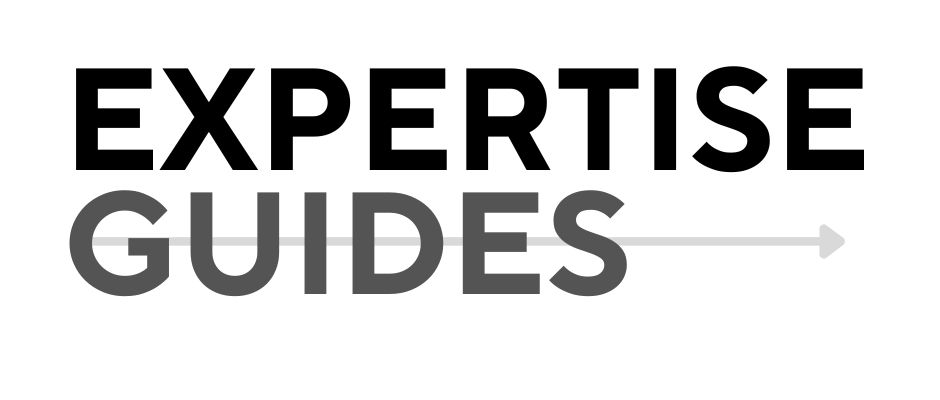Summary: Discover how cultivating emotional intelligence and self-awareness can transform your leadership style, improve team dynamics, and drive organizational success.
Main Points:
– High EI leaders inspire trust and collaboration.
– Emotional intelligence is linked to better decision-making.
– Self-awareness fosters personal growth and effective leadership.
Introduction
Have you ever found yourself in a room full of people, yet felt completely misunderstood? I remember one particular meeting where I was eager to introduce a new DEI initiative. Yet, despite my enthusiasm, I was met with blank stares and polite nods. It was then I realized the gap: I needed to not just speak, but truly connect. This was my first real encounter with the power of emotional intelligence in leadership. 🌱
The Problem
In today’s diverse corporate landscape, leaders often struggle to foster genuine connections with their teams. Emotional intelligence (EI) is not just a buzzword—it’s a critical skill. According to a study by TalentSmart, 90% of top performers possess high emotional intelligence (TalentSmart, 2019). Yet, many leaders still overlook its importance, leading to miscommunication and disengaged teams.
Why This Problem Exists
The root of this issue lies in traditional leadership models that prioritize technical skills over emotional insight. In environments resistant to change, leaders may feel pressured to deliver quick results, often overlooking the nuanced needs of their team. This gap widens further when DEI initiatives are met with skepticism, leaving champions feeling isolated and unsupported.
The Solution
Developing emotional intelligence and self-awareness can bridge this gap. Start by actively listening to your team, acknowledging their unique perspectives, and responding with empathy. Research shows that leaders with high EI are more effective in navigating workplace challenges and fostering inclusive environments (Miao et al., 2018).
Breaking It Down
-
Self-Reflection: Begin with yourself. Regularly assess your emotional responses and biases. A simple journaling habit can enhance self-awareness.
-
Empathy Building: Engage in exercises that put you in others’ shoes. This could be as simple as open-ended conversations where you genuinely listen without interrupting.
-
Feedback Loops: Establish a culture of constructive feedback. Encourage your team to share their views on leadership styles and organizational practices.
-
Continuous Learning: Stay updated on EI research and attend workshops. Joining communities of like-minded professionals can provide valuable insights and support.
Action Steps
-
Start Journaling: Dedicate 10 minutes each day to reflect on your interactions and emotional responses.
-
Practice Active Listening: In your next meeting, focus entirely on what others are saying without planning your response.
-
Seek Feedback: Ask a trusted colleague for honest feedback on your leadership style.
Conclusion
Embracing emotional intelligence and self-awareness is not just beneficial—it’s essential for effective leadership. By making these skills a priority, you can foster a more inclusive, innovative, and successful workplace.
My Ask
What impact has emotional intelligence had on your leadership journey? Share your thoughts in the comments. If this resonates with you, tag someone who could benefit. 🌟
About Me
I’m passionate about empowering leaders to create inclusive workplaces through emotional intelligence and self-awareness. Let’s transform together!


